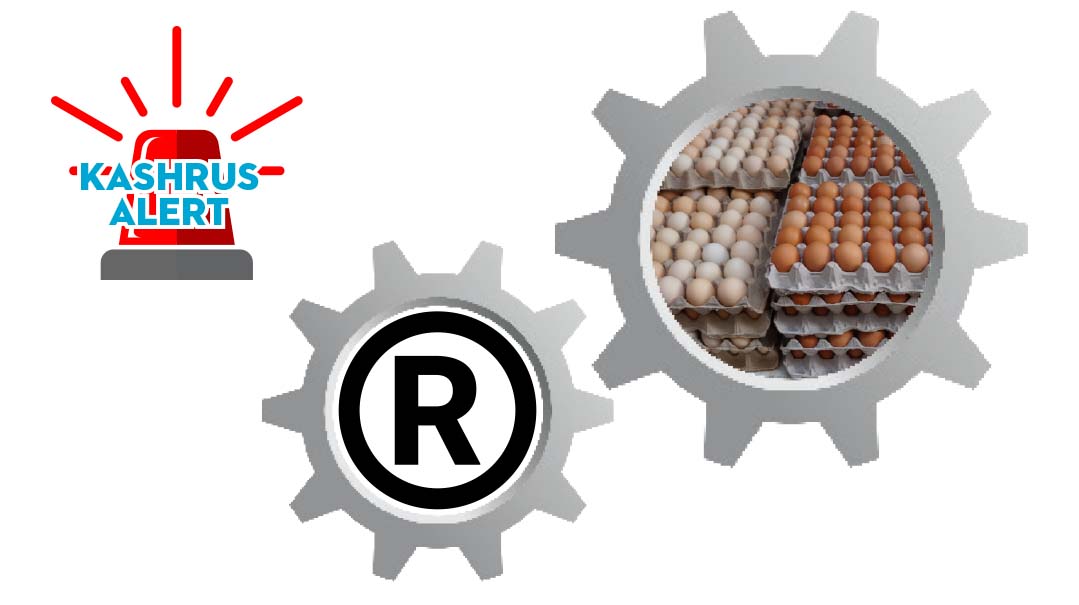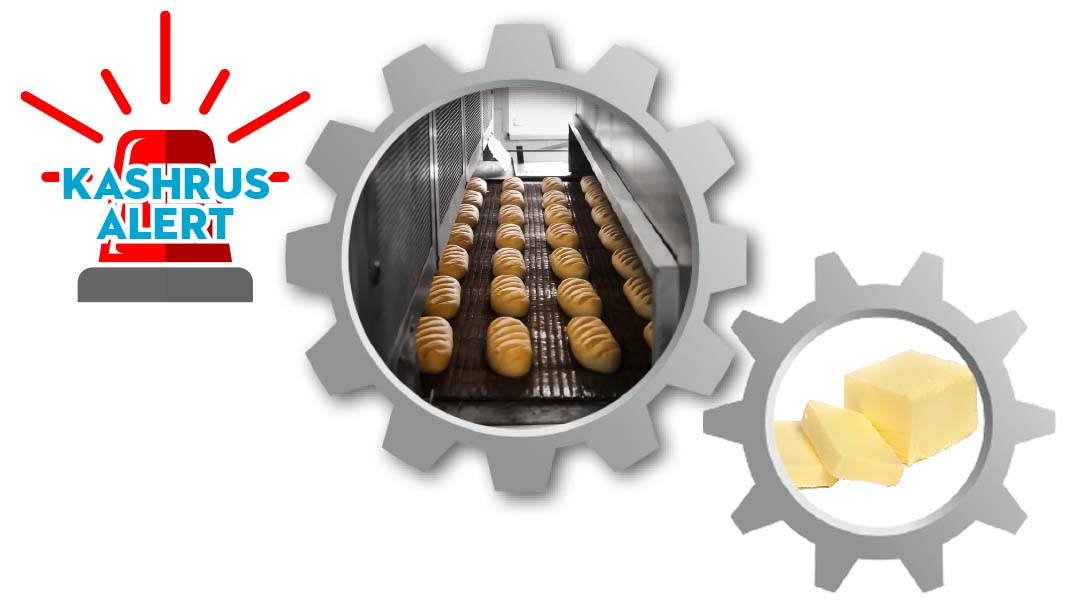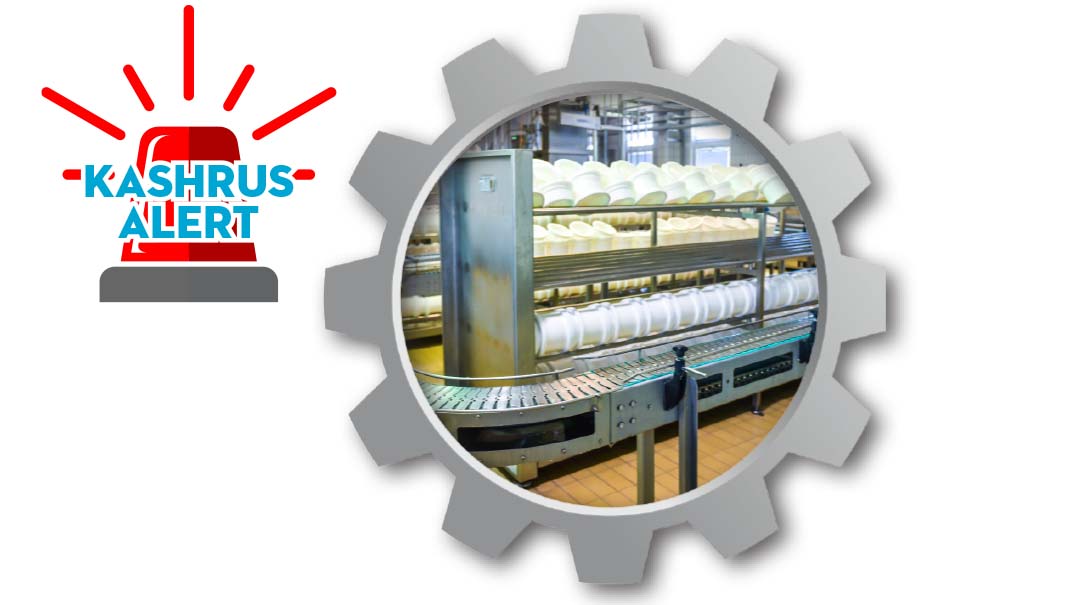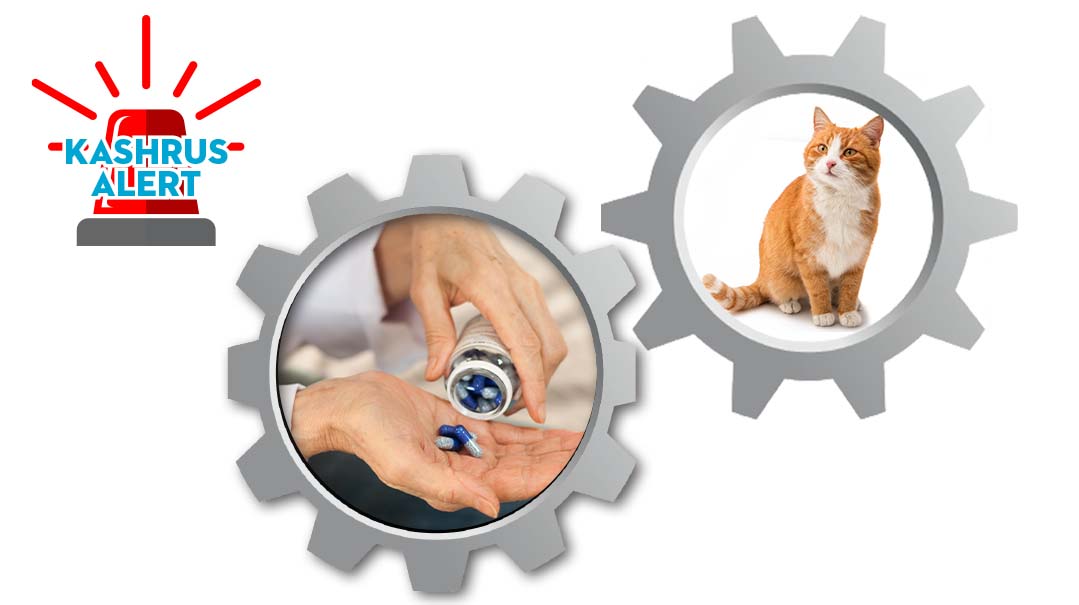Eggs Galore
| January 25, 2022There are bunch of potential kashrus problems with eggs

As told to Chaya Rosen
Eggs Galore
Did you think all eggs are kosher? Think again! There are bunch of potential kashrus problems with eggs. Can you guess some of them?
I bet you said blood spots. While that could be a problem with organic or free-range eggs, it’s generally not an issue with eggs you buy in the supermarket that come from hatcheries. The chickens in hatcheries are very tightly controlled: From the time they start laying eggs, at about 13 weeks old, they are squished two chickens to a cage, and their only job in life is to lay eggs. They do not move, exercise, or do anything other than eat and drink a very specific diet (which affects the nutrition of the eggs, the hardness of the shell, and more), and lay eggs.
Where the egg comes from is also an important factor in its kashrus status. Only eggs from kosher birds are kosher — no snake eggs for you, sorry. And unless there’s a mesorah for the particular bird, you can’t eat the eggs, which is why some duck eggs are not kosher! Recently, while I was inspecting at a factory, I saw some huge eggs and was concerned about their origin. In the end they were kosher eggs, but it’s always important to check that unusually shaped eggs are indeed from kosher birds.
Did you know that factories and bakeries that use eggs don’t have workers standing and cracking millions of eggs? Rather, the egg factories do this work, and then sell containers of liquid eggs. There’s a halachic issue with keeping cracked eggs (egg liquid) overnight, similar to the problem with leaving peeled onions overnight. Some hashgachahs are maikel on this, others are makpid that the egg liquid be salted, and then allow the egg liquid to remain overnight. Once we worked with someone who committed to salting the liquid eggs, but we discovered that he stopped doing that. We took away his hashgachah, and he lost the sale of 500,000 pounds of eggs. Now we work with a different company to provide the eggs for our product.
Oops! We could not locate your form.






